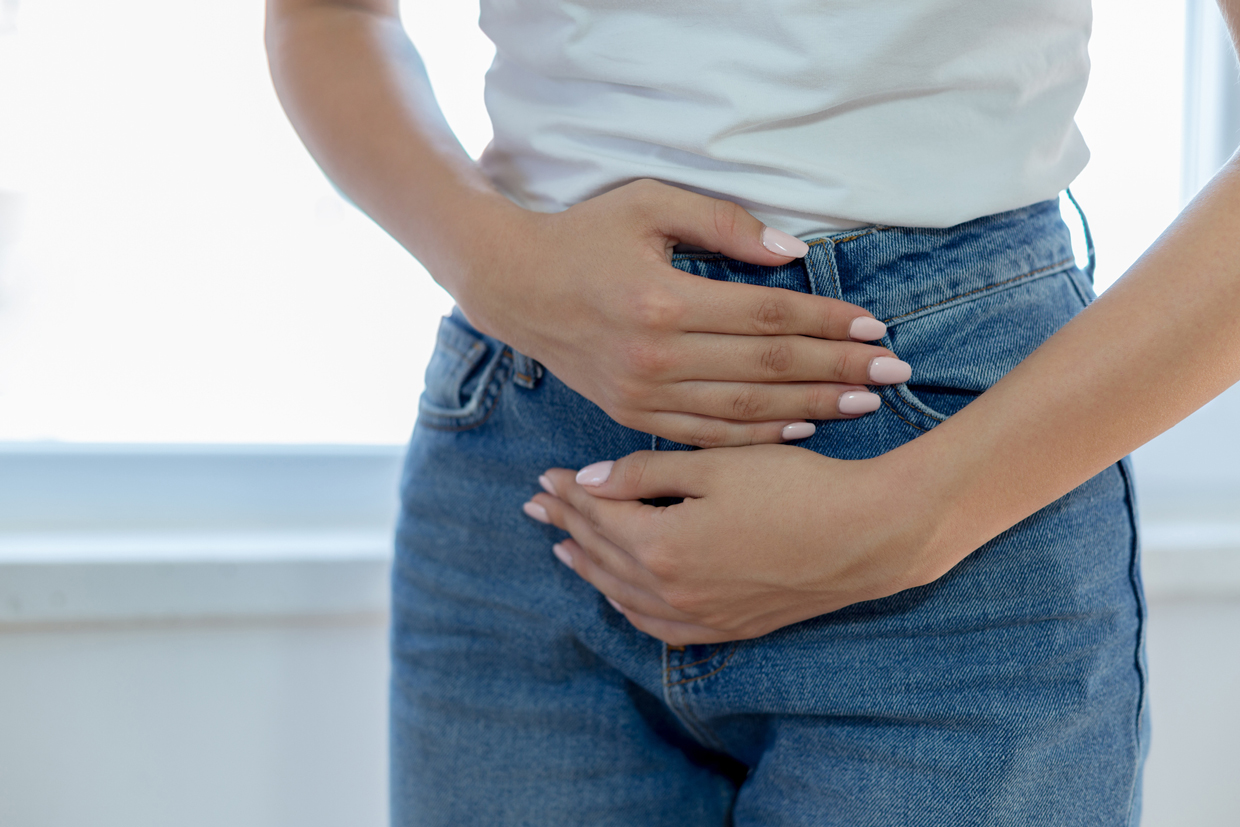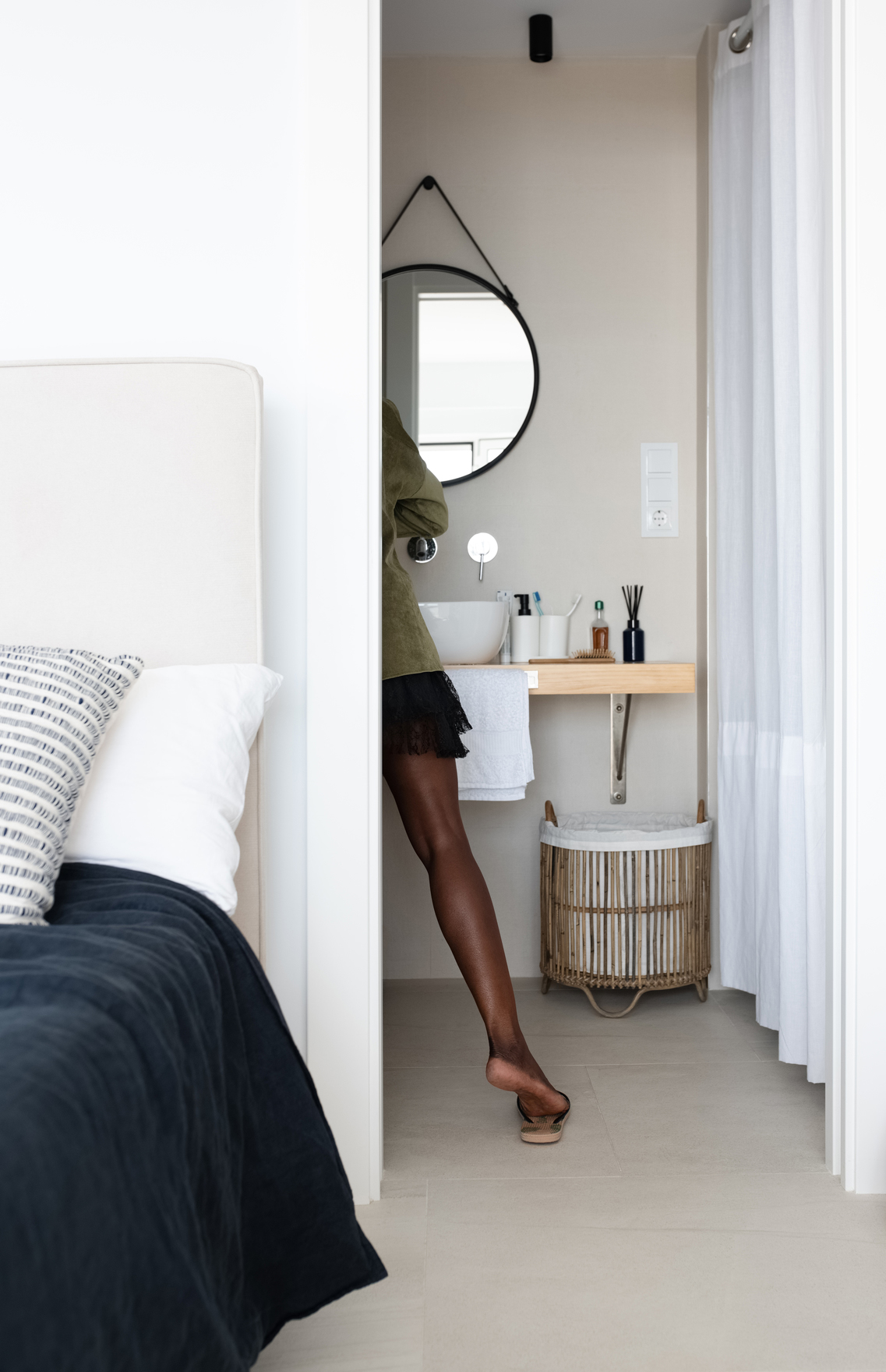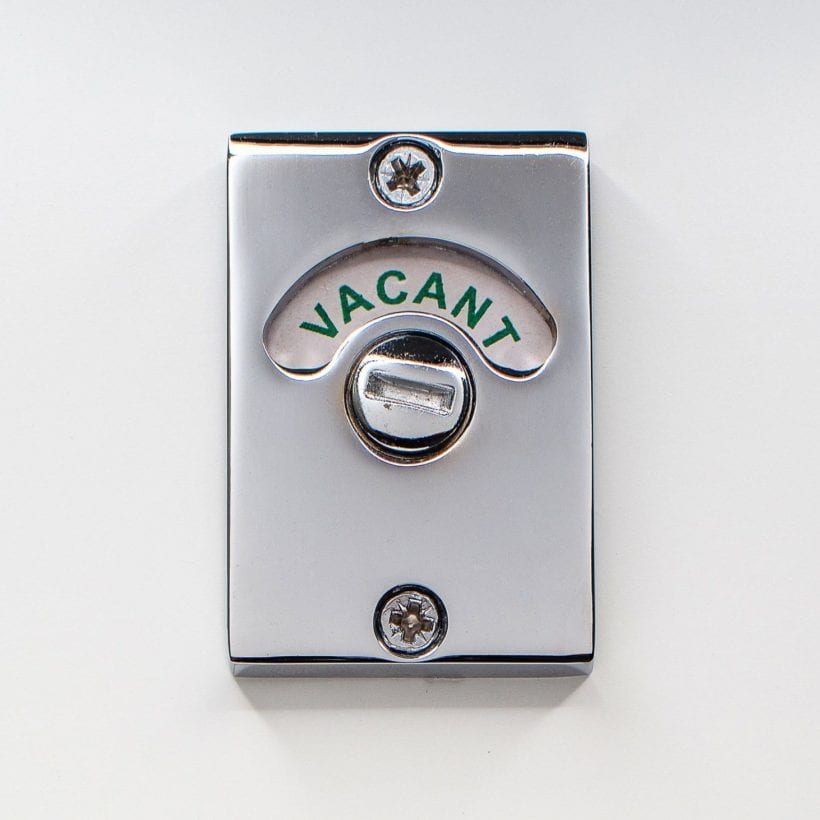We all go to the bathroom to pee several times a day like clockwork, but then one day you go and it totally burns. It’s likely a urinary tract infection, which according to the U.S. Department of Health & Human Services, affects women up to 30x more than men because they have shorter urethras (which means bacteria has easier access to your bladder). We won’t just leave you to endlessly search the internet to learn how to move forward. In the spirit of National Bladder Health Awareness Month, we sat down with Aleece Fosnight, a medical advisor for Aeroflow Urology who specializes in sexual medicine, women’s health, and urology to help us figure out how to treat and prevent them for the future.
What’s a urinary tract infection (UTI)?
“A urinary tract infection is going to be when there is bacteria that’s not normally found in the urinary tract. So, those common ones are going to be Escherichia coli (E. coli), klebsiella, proteus, and enterococcus. Those are the big four types of bacteria that we see sneak into your bladder and throw off your normal levels of ‘good’ bacteria to cause urinary tract infections. You can have a urinary tract infection in just the urethra, but it typically goes together with the urethra and bladder as one unit, when you have a urinary tract infection. Bacteria can also infect your kidneys, but we typically associate UTIs with the bladder and lower half urethra,” she says.

What are the symptoms?
For a typically healthy individual, “some of the first ones are urgency and frequency to go into the restroom. You’ll likely feel lower abdominal pressure and heaviness, as well as irritation to the urethra. It could be a burning, stingy, or an irritated feeling as you’re urinating,” she says. Other common indications are if your urine smells foul or if it looks cloudy. “You can have a fever, belly pain, and a headache, but those are going to be some of those outlier symptoms. Fever typically doesn’t happen unless you have a kidney infection,” she says.
What’s the bladder’s function and role?
“You can think of the bladder as a reservoir and it’s a reservoir that holds urine, which are waste products, that your kidney has filtered out of your body. The bladder capacity on average is going to be anywhere between 350 and 450 milliliters, so it actually holds quite a bit. We typically don’t have full bladder capacity until the age of six. Once you have full bladder capacity, you get the awareness of that connection between your bladder filling. It sends signals to your brain — in a special center called the micturition center of your brain — that your bladder starts to fill up and hit a threshold, whether that’s 300 ml or 50 ml,” says Fosnight.

Who’s at more risk of developing a UTI?
“Just because you’re sexually active, doesn’t mean you’ll necessarily get more UTIs, but it’s definitely one way that bacteria tends to get into the urethra. Other ways you can be more prone to them is if you disrupt the flora of your vagina by using soap and body wash. Also, UTIs can happen to those who don’t empty their bladder completely or if you tend to hold in your pee,” she says. Sometimes UTIs can be a product of your lifestyle choices: “Swimmers who don’t dry off the genital area quickly enough and stay in their swimsuit for long periods of time can introduce bacteria. Hot tub usage where bacteria can thrive can definitely cause UTIs as well,” she says.
 How do you treat it — and what happens if you don’t?
How do you treat it — and what happens if you don’t?
Luckily, UTIs are pretty straightforward to treat, but first requires a doctor’s official diagnosis through a urine sample. The typical course of action is a round of antibiotics, which is dependent on the type of bacteria found. “If the infection becomes more kidney-focused or systemic infection, then we have to do either an intramuscular type of injection of antibiotics or through an IV. So if you don’t get it treated or you’re just kind of putting off, that can lead to complications if you get a blood infection that causes much more harm to your body than just the local to your bladder. It can also cause scarring to your kidneys and make it more difficult for your kidneys to function,” she says.
While UTIs are common, how many of them is too many?
Although UTIs are a common occurrence, it shouldn’t be happening too often. The general rule of thumb is “three urinary tract infections in a year,” she says.
How do you prevent UTIs?
Some UTIs are bound to happen, but there are ways to avoid them. The key is “hydration, hydration, hydration and making sure that you have good hygiene. If you have a bowel movement, wipe from front to back and not mix the fecal matter with your urethra. Going to the bathroom after any kind of intercourse or sexual activity is going to be important as well, especially for women. You can drink cranberry juice to help to prevent UTIs,” she says. Though the research isn’t concrete, there is an active ingredient in cranberries that helps prevent bacteria like E. coli from sticking to your bladder.








